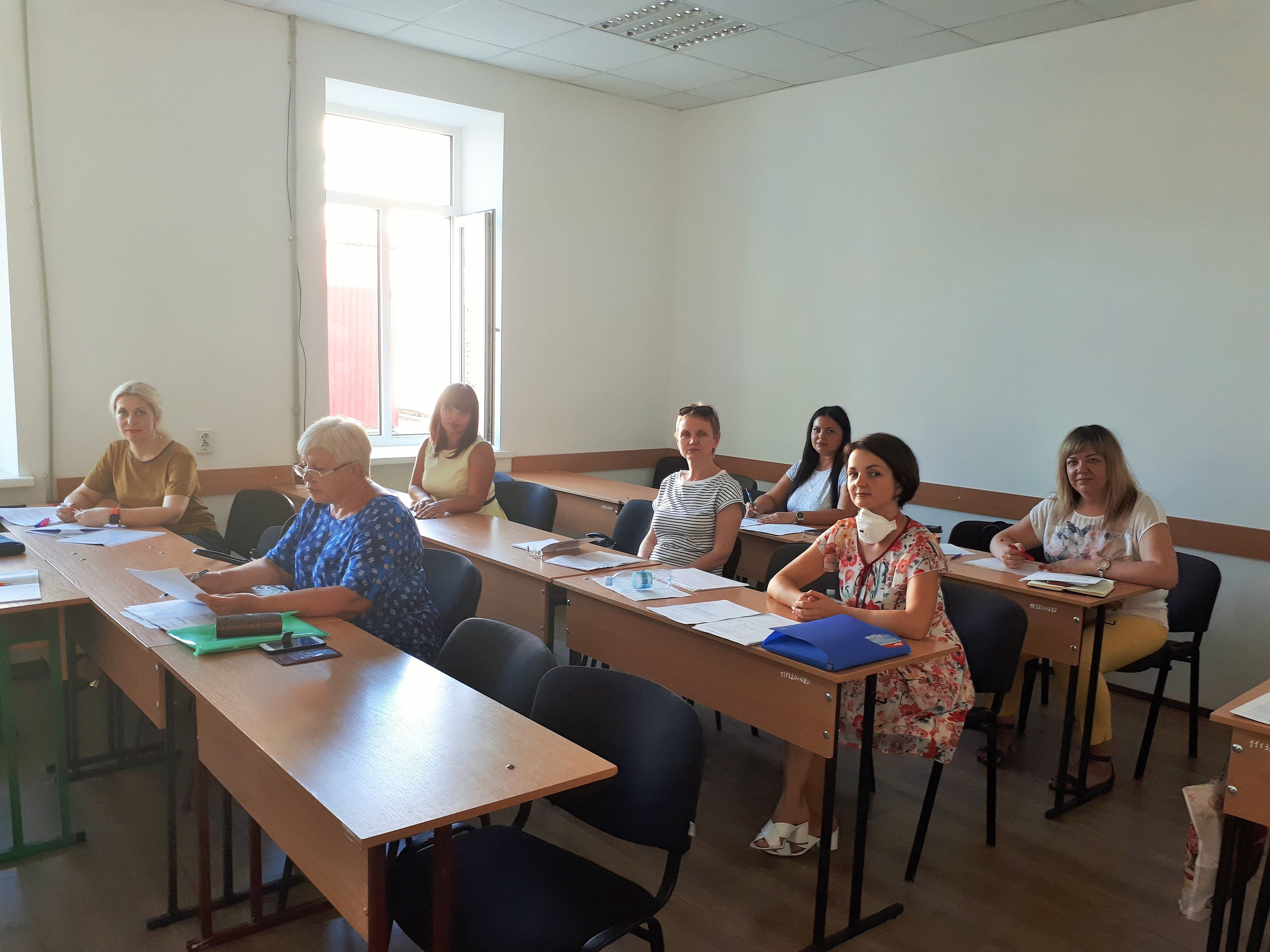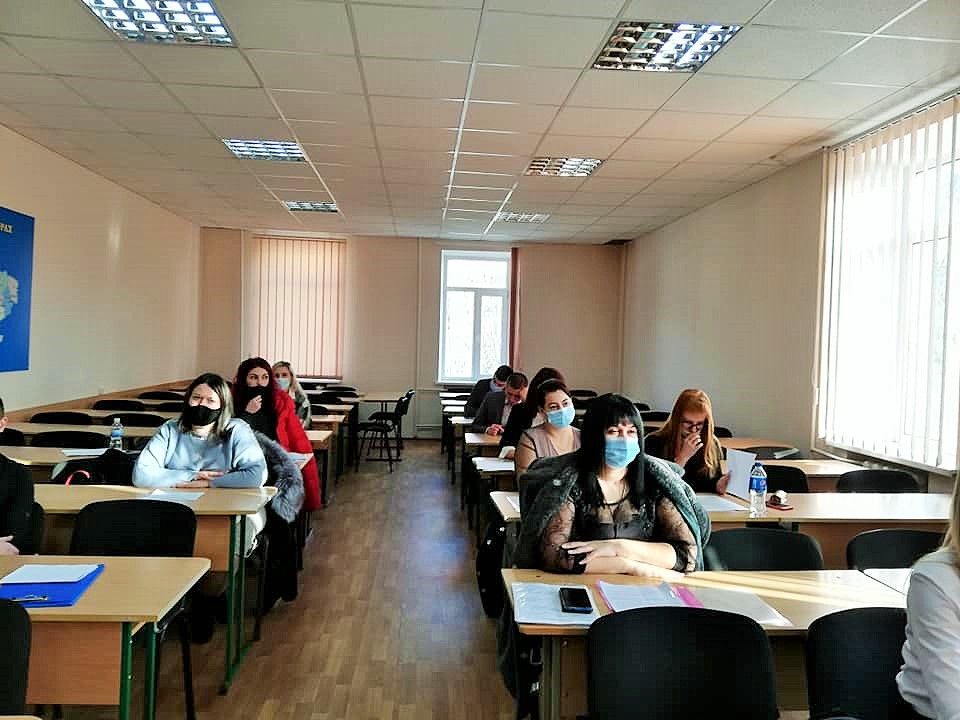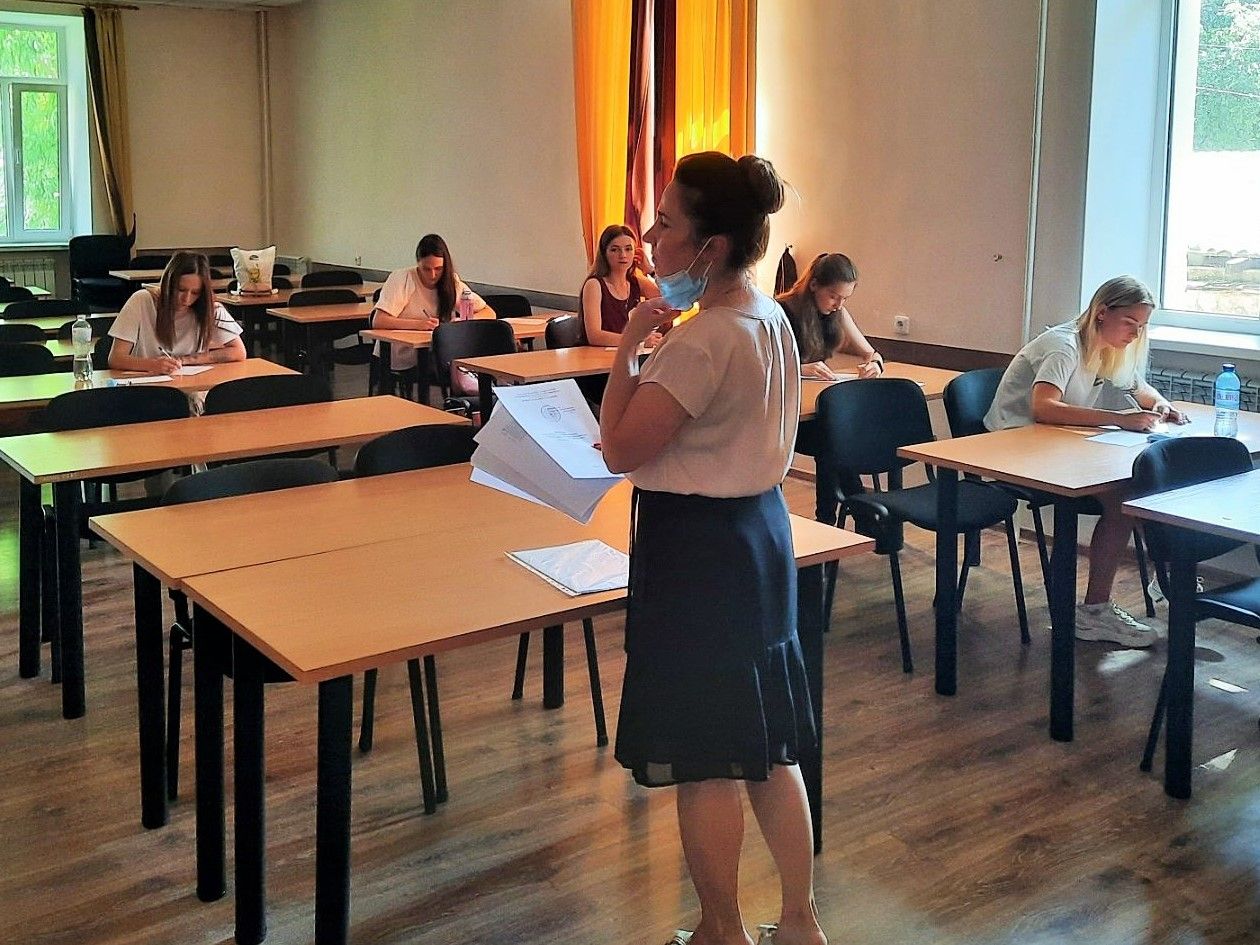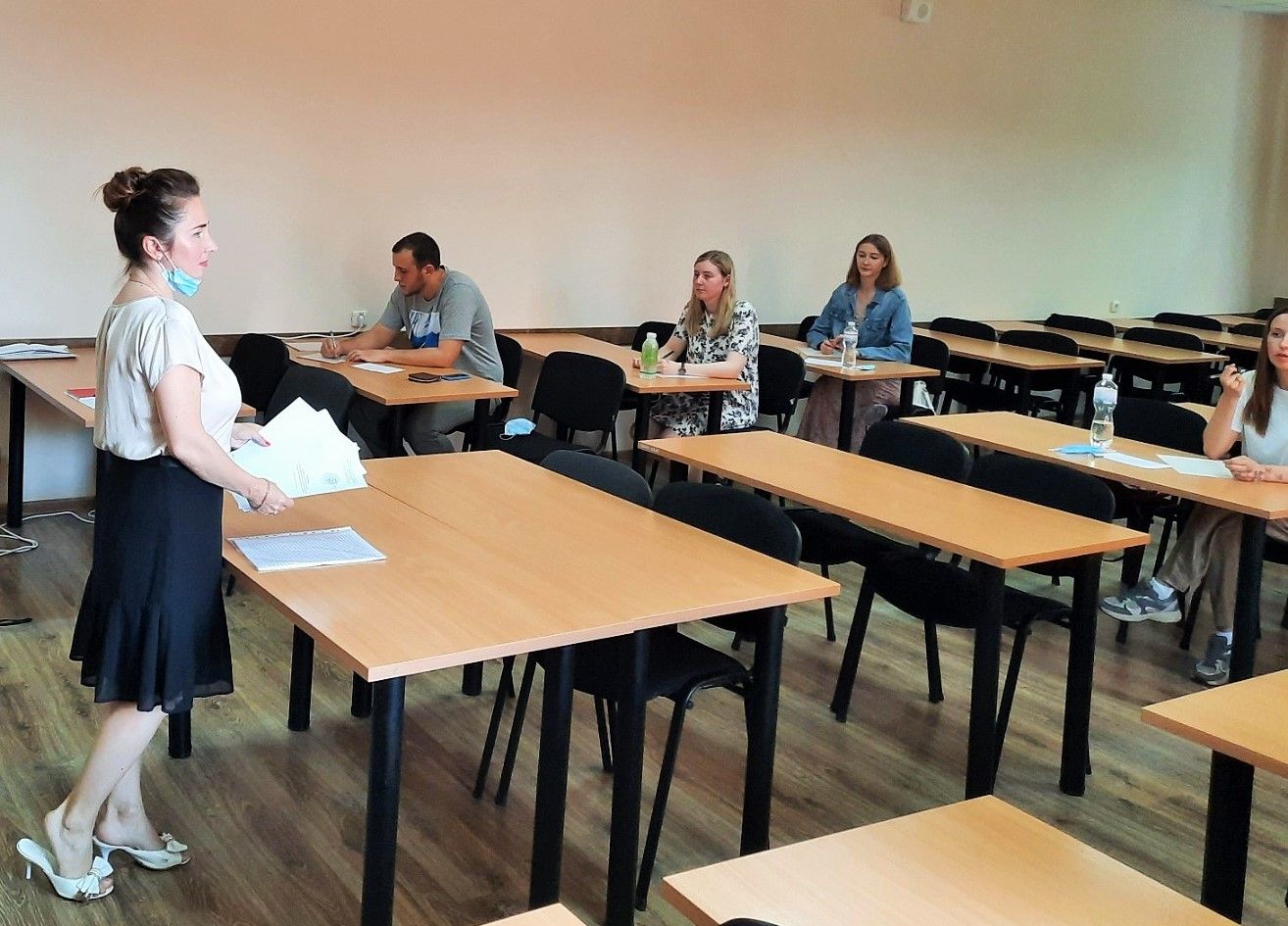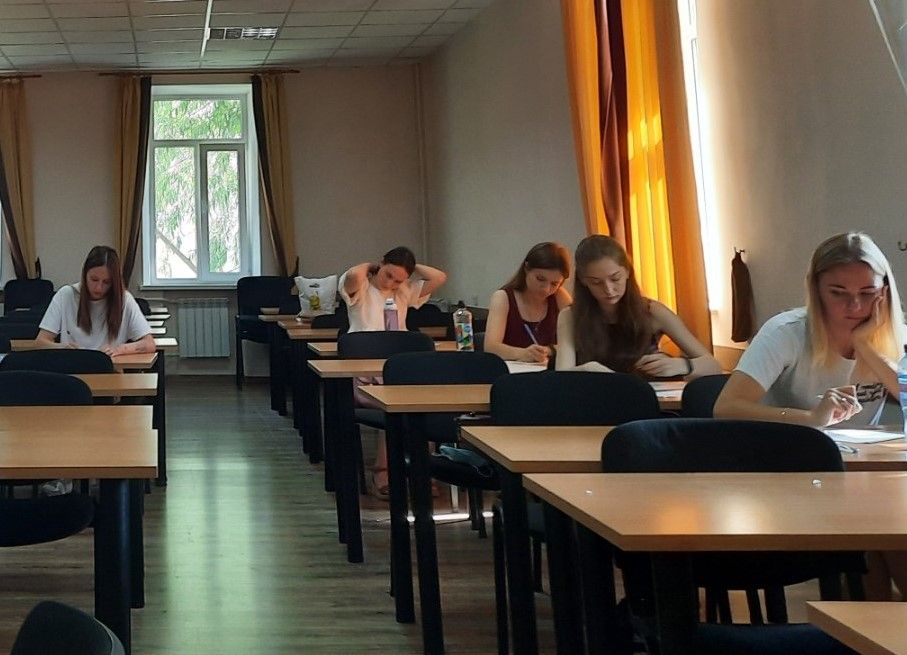The spring semester 2020-2021 (January-June 2021) of the Jean Monnet module included teaching the course “EU Governance and Decision-making”. The course was taught to the MA students of 635 group of “Public Administration and Administration” specialty.
This training course was taught in cooperation by Svitlana Soroka (Doctor of Sciences in Public Administration, Professor), Yuliana Palagnyuk (Doctor of Sciences in Public Administration, Professor) and Dmytro Say (PhD in Education, Associate Professor).
The objectives of the course were:
– acquisition of skills and knowledge of the basic features and principles of public administration in the European context for the adaptation of constitutional and legal norms of public administration and administration to the EU requirements;
– improvement of practical skills of comparative analysis of the contractual and legal basis of the European Union, legal and institutional systems of the European Union;
– development of the ability to assess the legal system of the European Union and its role in the functioning of other EU systems, as well as to outline the main directions of adaptation (adaptation) of Ukrainian legislation to EU legislation;
– improving the ability to critically analyze the EU institutional system and mechanisms for cooperation between various bodies, institutions and agencies of the European Union.
Students learned about:
– conceptual and categorical apparatus in the field of European integration;
– the content of the main stages of formation of the EU institutional system;
– characteristics and features of the EU organizational model;
– structure and directions of evolution of the EU institutional system in accordance with the EU founding treaties;
– prerogatives, legal status, organizational structure and functions of EU institutions and bodies;
– features of the decision-making system in the EU;
– fundamental features of the EU political system;
– features of the EU budget;
– directions of EU institutional reform.
Students learned how to:
– work with the texts of the EU founding treaties and how to analyze them;
– prepare analytical reports, proposals, recommendations on state policy in the field of European integration and methods, forms and methods of its implementation on the basis of analysis of foreign experience;
– provide consultations to representatives of public authorities and local self-government on the choice of effective instruments and options for implementing state policy in the field of European integration at local, regional and national levels, as well as within a particular area, based on current legislation and existing European integration experience;
– create the necessary conditions for the adaptation of certain national spheres of public life in accordance with European norms, requirements and standards and to carry out such adaptation;
– evaluate the effectiveness of existing forms and methods in the national system of public administration, taking into account the acquired knowledge about the functioning of the institutional and legal system of the EU.
Students also studied and modeled the legislative process in the European Union, studied the differences between legislation, implementing acts (“comitology” procedure) and delegated acts, determined their place in the EU policy cycle, as well as in the hierarchy of legislative acts. During role-plays, simulation exercises and debates, students learned the decision-making procedures in the European Commission, the Council of the European Union and the European Parliament, got acquainted with the usual legislative procedure and the functioning of the “trilogy” procedure. Particular attention was paid to the study of changes in the activities of EU bodies and institutions and decision-making in connection with the adoption of the Lisbon Treaty, including the strengthening of representative democracy in the European Union.
At the end of the course, all students successfully passed the final exam.


